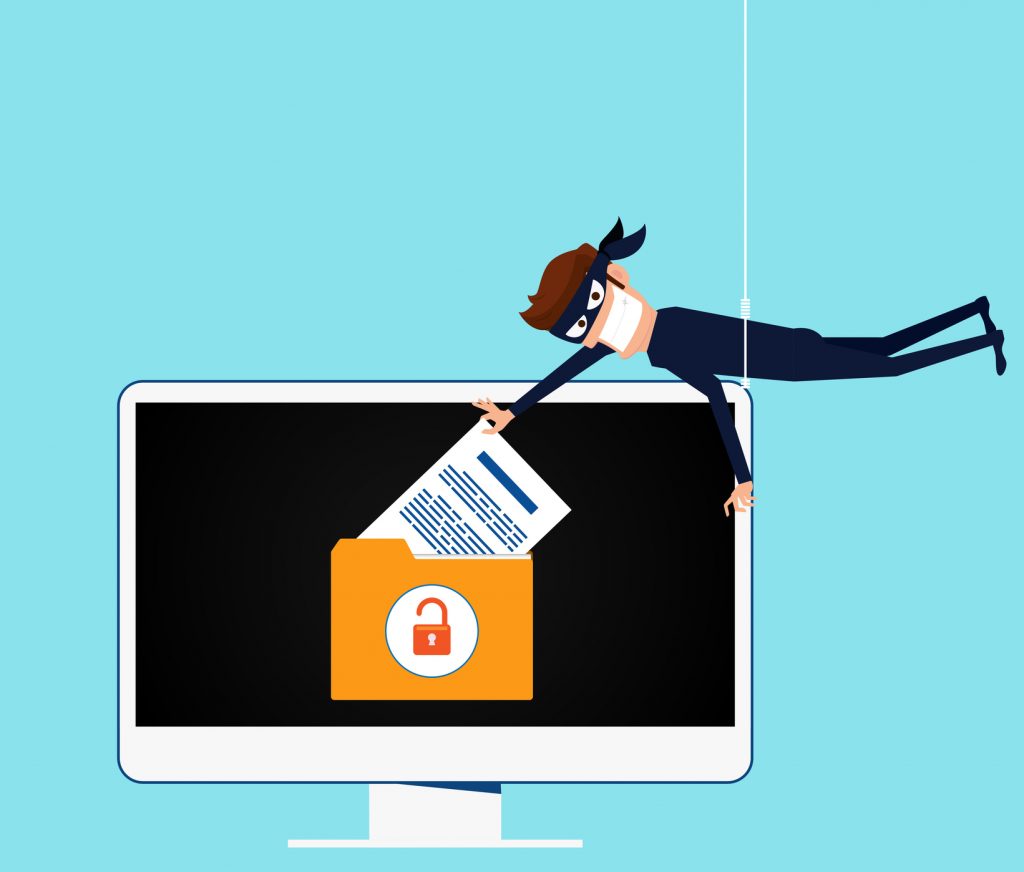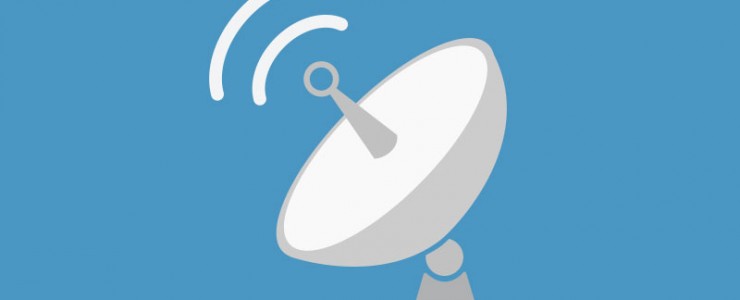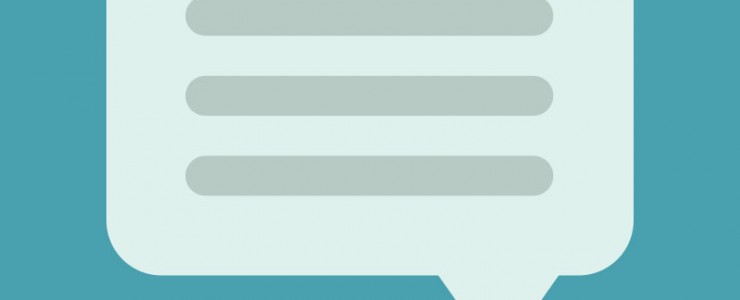Although we are still learning details about the latest round of COVID relief payments–including whether or not the Senate will approve the current House proposal to increase payments from $600 to $2,000—it looks like most of the qualifications will remain the same as they were in the March CARES Act.
This means that if you receive SSI or SSDI, you will qualify for a check (same as the first relief payment) as long as you have a Social Security number and you are not claimed as a dependent on someone else’s tax return.
$600 payments for qualifying dependents (children age 16 and under) are also included in the package. Dependents over age 16 are once again left out.
- $75,000 adjusted gross income for individuals
- $112,500 as head of household and $150,000 as a married couple filing jointly
People who will NOT get a payment are those who:
- earn more than $87,000 as single person ($174,000 for married couples who file jointly)
- are claimed as a dependent on someone else’s tax return
- don’t have a valid Social Security number
- are a non-resident of the United States
How and When to Expect Payments
As with the first round of payments under the CARES Act, most recipients will receive these payments by direct deposit. Some are already seeing payments in their online accounts. Social Security and other beneficiaries who received the first round of payments via Direct Express will receive this second payment the same way.
Learn More
Visit the IRS website for updates and information.
Scam Alert
Be on the lookout for scam artists trying to steal your personal information and money. The IRS will not call, text you, email you or contact you on social media asking for personal or bank account information – even related to the economic impact payments. Watch out for emails with attachments or links claiming to have special information about economic impact payments or refunds. They are scams.







